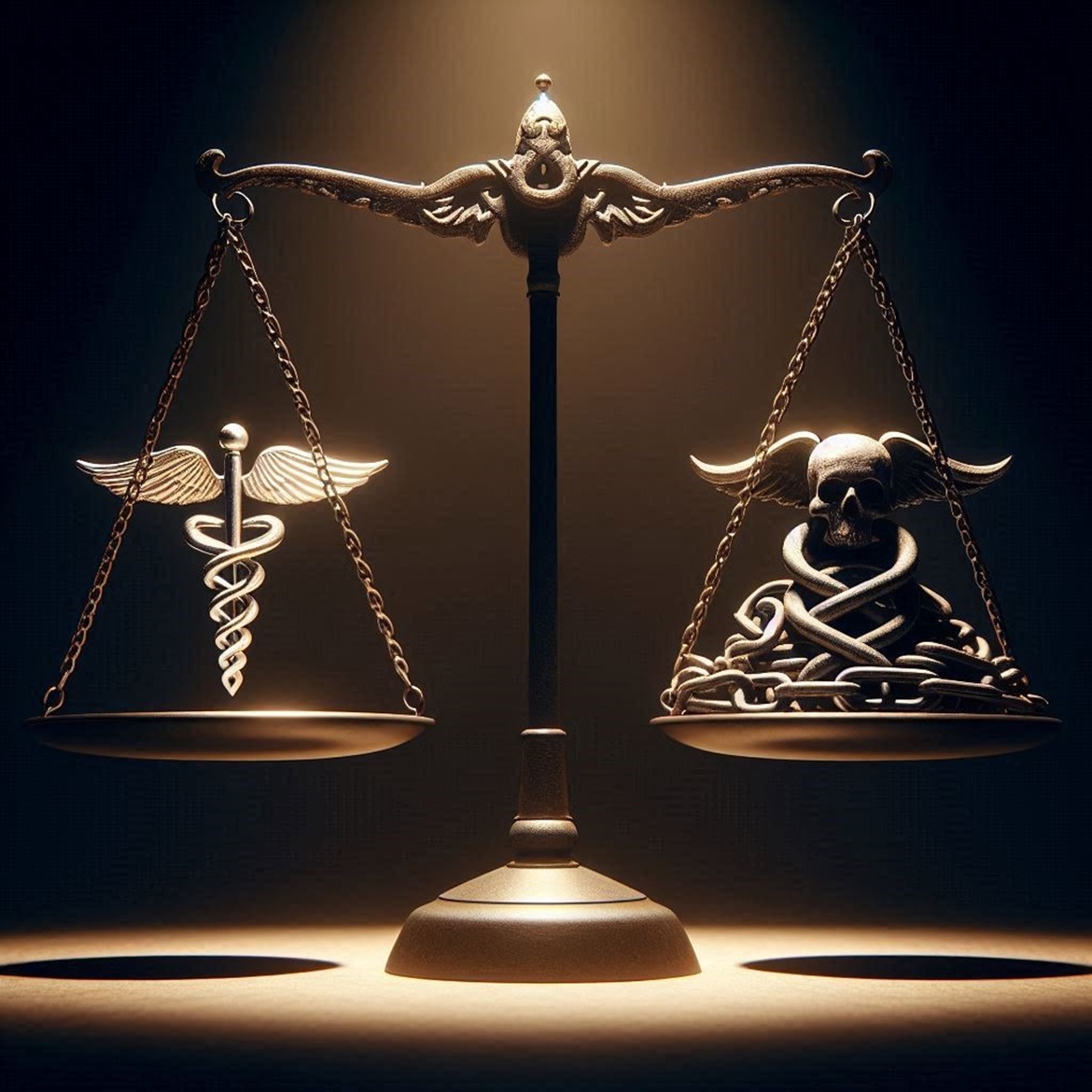Picture this: the world is buzzing with news of a health crisis. TV, social media, and newspapers shout at you with messages of fear and caution. Governments step in, imposing restrictions and new rules that change your everyday life. You’ve seen this movie before, right? But here’s the twist—what if there’s more to the story, something lurking beneath the surface?
The Anatomy of a Health Crisis
Public health crises seem to appear out of nowhere, demanding immediate action. Look at COVID-19, for example. It swept across the globe, and almost overnight, entire countries went into lockdown. Governments imposed curfews, travel restrictions, and mask mandates. But did all these measures really serve the public good, or were they a cover for something else?
Governments claim these actions are necessary to protect us. But once implemented, these restrictions don’t always disappear. They leave behind a trail of new norms and laws that somehow stick around, reshaping our freedoms long after the crisis fades. How convenient for those in power, right?
A Perfect Storm: Crisis as a Catalyst for Control
One question needs to be asked: are these crises coincidental, or are they engineered to secure control over us? History shows that during times of panic, people are more willing to accept greater control. In a state of fear, we might hand over rights and freedoms, begging for safety from those at the helm. But what if those very leaders are playing a different game?
Consider the idea that some may use these crises to push their agendas. The playbook is simple: pitch a health emergency, stoke fear, and offer solutions that tighten the reins of control. People, desperate for guidance in tough times, often accept regulations that in calmer moments they might have questioned.
The COVID-19 Playbook
COVID-19 offers a textbook example of this playbook in action. When the pandemic began, everywhere you looked, there were messages of fear. Who knows if the virus was actually real and did it justify every measure taken? Could some measures have been excessive, serving more to control than to protect?
Governments around the world rolled out widespread measures: curfews, business closures, enforced social distancing, and even mandatory apps tracking our every move. Once considered temporary, these measures frequently led to permanent changes in how we live and work. Do these shifts enhance our safety, or do they bring another layer of control?
The Role of “The Great Reset”
In discussions about public health crises and control, one plan that often surfaces is “The Great Reset.” On the surface, it promises a more equitable and sustainable future. But dig deeper, and you might find a blueprint for global control veiled as progress. What role does “The Great Reset” play in all of this?
It emerges from the shadows during times of crisis, almost as if waiting in the wings. The pandemic was a perfect storm, allowing this plan to push forward with alarmingly little resistance. Under the guise of building back better, could it be orchestrating the consolidation of power, transforming nations into mere cogs in a global machine?
This reset might not just reshape economic systems but redefine daily lives, all under the banner of improvement. Yet, the question remains: improvement for whom? Are these changes for the common good, or do they serve a select few who desire unfettered influence over the planet’s direction?
The Economics of Fear
The economic implications of public health crises are profound, making it fertile ground for power plays. During COVID-19, small businesses closed, wealth gaps widened, and larger corporations thrived. This isn’t just happenstance.
In moments of crisis, power and wealth can concentrate further, allowing a few to gain control over resources and decisions that affect us all. Do these outcomes truly serve public health, or do they serve those who stand to gain from the consolidation?
Health Crisis or Power Play?
How should we interpret these events? Are we experiencing genuine crises met with genuine responses? Or do we see a pattern where health crises are used strategically to advance certain interests? When new rules and restrictions emerge, ask yourself who truly benefits in the long run.
There’s no denying the reality of health challenges, but questioning the intent behind the response is fair game. When governments push for greater control in the name of safety, scrutinize the necessity and permanence of these actions. Are they proportional to the crisis, or are they a stepping stone to more enduring control?
Holding on to Freedom
The question isn’t whether public health should be a priority; it absolutely should. But there’s a fine line between necessary action and overreach. As individuals, it’s crucial to stay informed and vigilant. Question motives and seek transparency. Is it a decision that benefits the many, or is it a means to concentrate power for the few?
Governments should work to protect, not control us beyond necessity. So when the next crisis comes along, and it will, remember to examine both what is said and what is left unsaid. Only then can we hold accountable those who might seize a crisis as an opportunity not to save us, but to strengthen their grip.
In a world shouting for us to obey and conceal potential truths, it remains our responsibility to lift the veil, thinking critically about the motives and outcomes behind public health directives. So, stay curious. Question everything. It’s the path to staying truly free.

Sorry, the comment form is closed at this time.